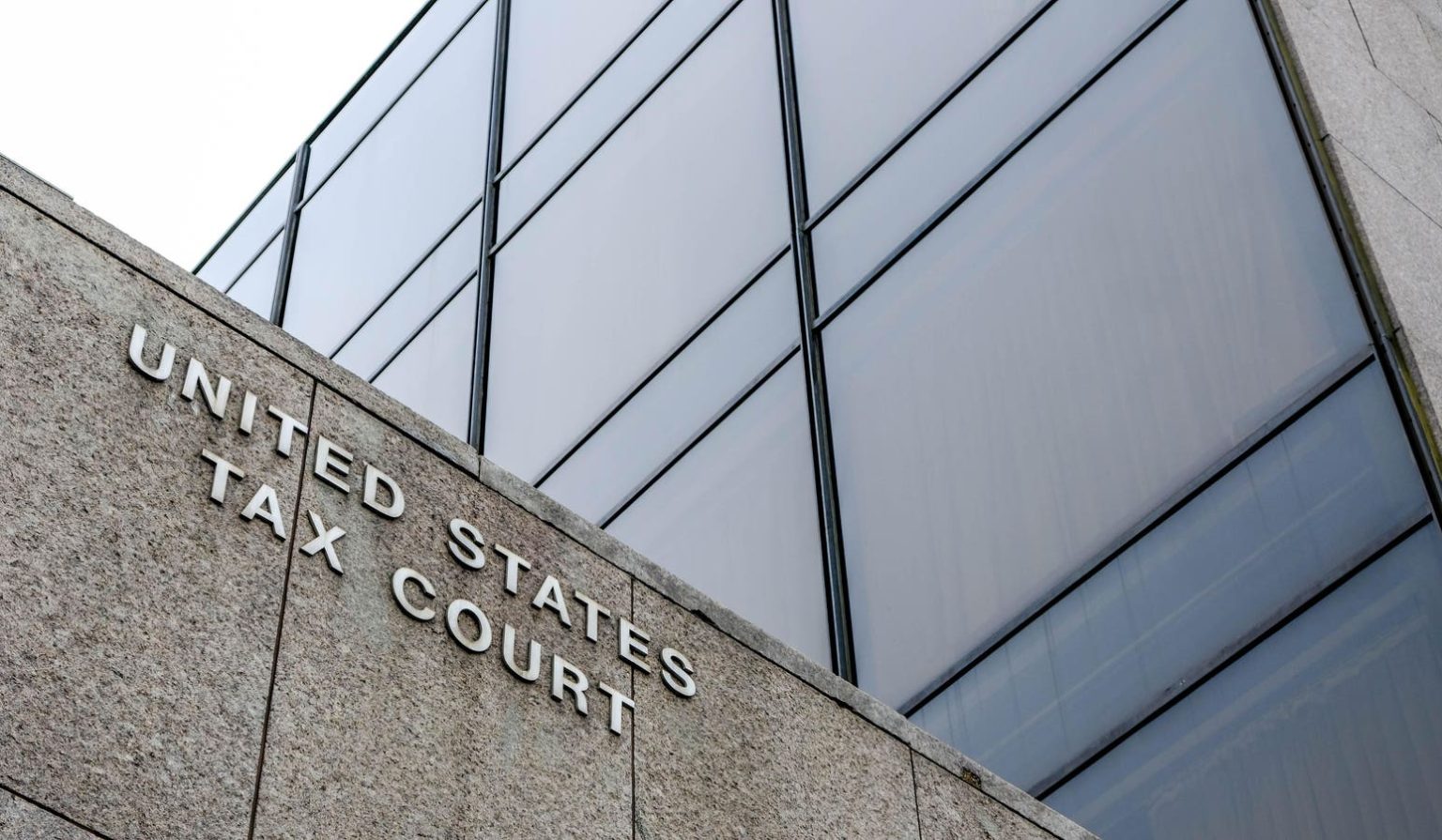Discovery disputes are a common occurrence in litigation, with parties often fighting over whether documents and answers provided were responsive. The United States Tax Court has long emphasized informal discovery methods to avoid disputes and the need for formal procedures. The court’s landmark decision in Branerton v. Comm’r requires parties to attempt to obtain discoverable information informally before resorting to formal discovery tools.
In the recent case of Everest Granite, the taxpayer’s counsel sent a Branerton letter to the government requesting the administrative file. When the government became non-responsive, the taxpayer filed formal discovery requests. Subsequently, the taxpayer filed requests for admission, which went unanswered by the government within the 30-day window, resulting in deemed admissions. The taxpayer then sought summary judgment, prompting the court to order a response from the government.
After the government’s continued failure to respond, the court issued an Order to Show Cause, leading to the replacement of the government’s attorneys. The new attorneys filed responses, stating that systemic failures caused the delays. In response, the taxpayer filed a Motion to Impose Sanctions, leading to a hearing on the pending motions and responses on October 10, 2023. The court decided not to grant summary judgment but imposed sanctions on the government for delaying the litigation.
The court’s April 3, 2024, Order granted the government’s request to withdraw the deemed admissions, nullifying the taxpayer’s pending motion for summary judgment. However, the court agreed that sanctions were appropriate to relieve the prejudice suffered by the taxpayer due to the government’s delays. The court held that it had the authority to award legal fees and costs as sanctions, hinting that the government may be responsible for expenses from October 2022 through October 2023.
In the Order, the court reminded the parties of their obligations under Branerton and instructed them to attempt to resolve future differences through the stipulation process. The court indicated that it would view dimly on any future motions to compel discovery that do not relate to document requests. The actions taken in Everest Granite serve as a reminder that the court will enforce discovery rules and hold parties accountable for non-compliance, potentially resulting in costly consequences for those involved.
Overall, the Everest Granite case sheds light on the importance of following the Tax Court’s discovery rules and the potential implications of failing to do so. While the government’s conduct in this case was not typical, the court’s Order serves as a warning to litigants that they must adhere to the court’s procedures and requirements to avoid sanctions and ensure a fair and efficient process.


